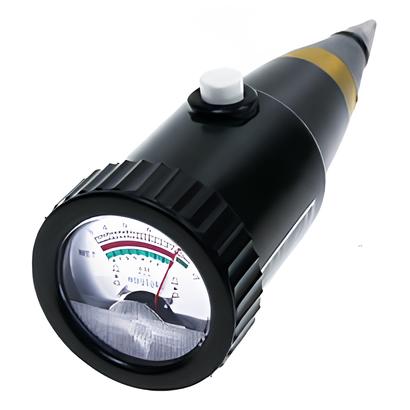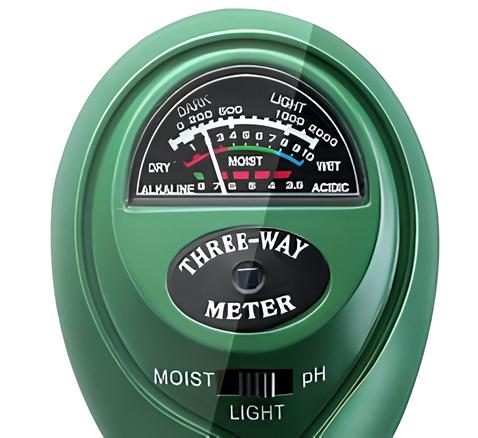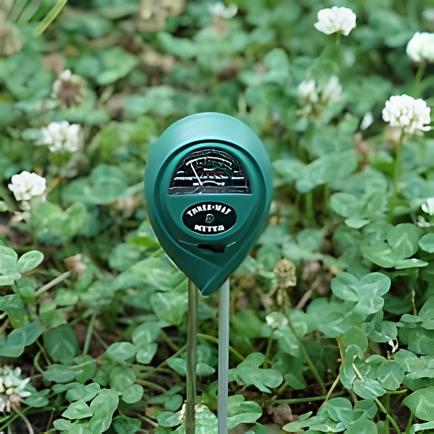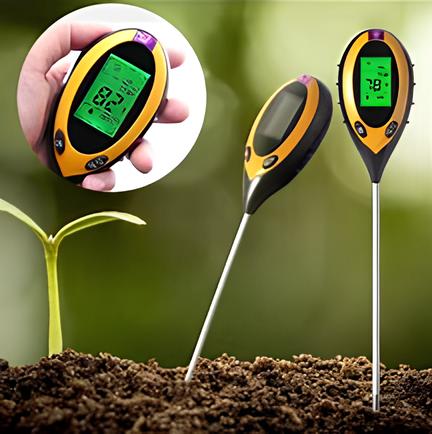Introduction to Soil Testers
A soil tester is an essential tool for assessing the health and fertility of your soil, whether
you’re a homeowner with a garden, a professional landscaper, or a farmer managing acres of land.
Soil conditions directly impact the growth of plants, and having a soil tester at your disposal
provides vital information about the composition of your soil. This includes its pH, moisture
content, and levels of key nutrients like nitrogen, phosphorus, and potassium.
Understanding soil health can be complex without the right tools, but with a soil tester, you
gain access to data that helps you make informed decisions about your gardening, landscaping, or
agricultural practices. With a variety of soil testers available in the market, from basic
manual models to advanced digital devices, choosing the right one can elevate the efficiency and
success of your plant care routine.
Conclusion
In conclusion, soil testers are invaluable tools that provide key insights into the health of
your soil, ensuring that plants have the best environment for growth. Whether you’re growing
vegetables in your backyard or managing a large agricultural operation, understanding the
nutrient profile, pH levels, and moisture content of your soil will help you make informed
decisions that improve plant health and boost productivity. Soil testers empower you to optimize
your growing conditions, conserve resources, and ensure a sustainable approach to gardening and
farming.
Why Regular Soil Testing is Essential for Sustainable Agriculture: How it Can Help You Avoid Overuse of Fertilizers and Protect the Environment
Soil testing is essential for anyone looking to achieve optimal plant growth. Using a soil tester
allows you to:
- Understand soil conditions: Identify deficiencies, imbalances, or excesses
in your soil, so you can adjust your gardening or farming practices accordingly.
- Increase yield: With precise knowledge of soil conditions, you can improve
crop and plant performance, leading to better yields and healthier plants.
- Make informed decisions: By understanding what your soil needs, you can
make smarter choices regarding fertilization, irrigation, and soil amendments.
- Save money and resources: Avoid wasting money on unnecessary fertilizers,
water, or soil treatments, and focus on what your soil truly requires.
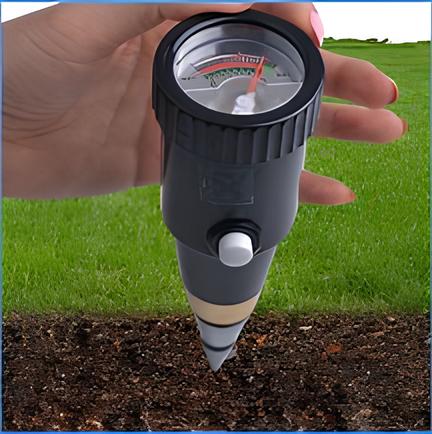
Choosing the Best Soil Tester: Key Features, Accuracy, and Price Considerations for Different Gardening and Farming Needs
When selecting a soil tester, consider the following factors:
- Purpose: Determine whether you need a basic pH meter for home gardening or
a more advanced model that can test multiple soil parameters for agricultural use.
- Accuracy: Look for soil testers with accurate calibration or digital
readouts to avoid inaccurate results, which could lead to poor decisions.
- Ease of Use: Choose a tester that’s easy to operate, especially if you are
new to soil testing.
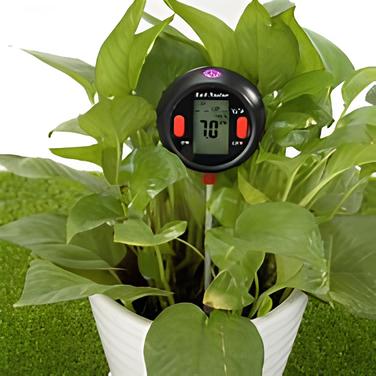
- Durability: Ensure the tester can withstand frequent use, especially if
it’s for outdoor or field use. Models made from durable materials like stainless steel tend
to last longer.
- Price: There is a wide range of soil testers available at varying price
points. While more expensive models may offer more features, consider your needs and budget.
